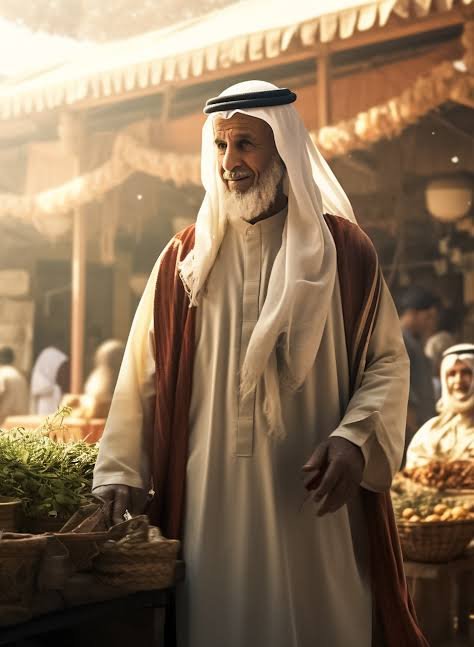BIOGRAPHY OF THE PROPHET ﷺ....
PART :-••••19...
The tribes that lived in the interior of Arabia were also loose and their ties were scattered. Tribal disputes, ethnic riots and religious differences were rampant everywhere, in which the members of each tribe supported their own tribe in any case, whether it was for the right or for the wrong.
Thus, his interpreter says:
And I am nothing but a member of the tribe of Ghaziyyah. If he goes astray, I will also go astray, and if he goes astray, I will also go astray.
There was no king in Arabia who could strengthen his voice, nor was there any authority to whom he could turn in times of difficulty and hardship, and who could be trusted in times of need.
Yes, the government of Hejaz was looked upon with respect and dignity, and it was also considered the leader and guardian of the center of religion. This government was a kind of mixture of secular leadership and religious leadership. It had supremacy over the Arabs in the name of religious leadership. It had formal rule over the Haram and its surroundings.
It was the one who managed the needs of the pilgrims of the House of Allah and enforced the injunctions of the Abrahamic Sharia, and it also had institutions and organizations such as parliamentary institutions.
But this government was so weak that it did not have the strength to bear the burden of the responsibilities of internal Arabia, as was evident during the invasion of the Abyssinians.
Continued...
